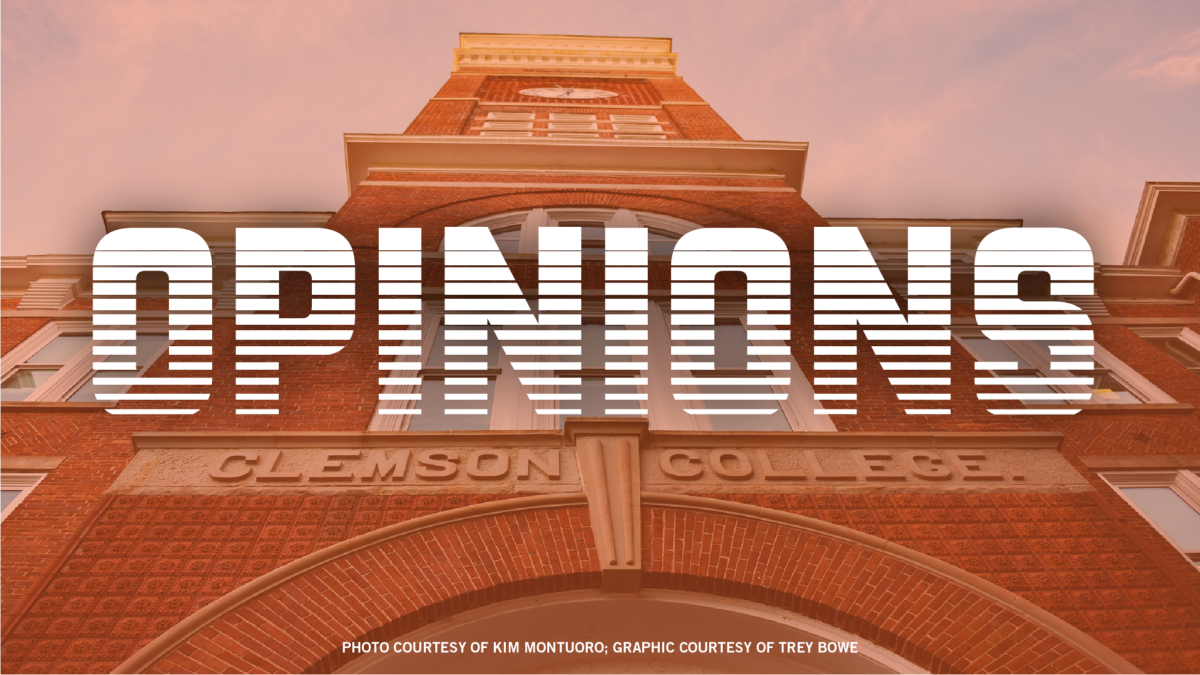This article was written by a student of ENGL 3330: Writing for the News Media, which is taught by Mike Pulley.
At 21 years old, I have lived in four different decades, two different centuries and two different millenniums. 9/11 and the War on Terror defined my childhood. My family and I survived the economic recession of 2008 and saw the rise of social media and the ever-growing pace of the internet. Although there are many other things I could add to the list, those situations could never prepare me for my first worldwide pandemic.
2020 was going to be the year. New year, new decade, new beginnings for many people. We all needed a fresh start and a new hope. Not even a week after the switch of the calendar, there were talks of war between the U.S. and Iran. Soon after, wildfires ravaged parts of Australia, and as if that were not enough, a new virus began to pop up in China. Within two months, most of the world was on lockdown as the virus spread to over 100 different countries. Schools were being shut down, businesses began to operate from home, social distancing became a thing and the world of sports disappeared. Humanity had essentially come to a standstill.
For many, this time of quarantine meant time off work and endless hours spent binge- watching Netflix and sleeping all day. School went online, which meant many college students stopped doing much of their work. For me, the opposite happened.
I became an essential worker, the kind of person whose job was secure and necessary to keep operations running smoothly. I became someone that people depended on… for a bit.
Spring break 2020. I was planning on attending a mission trip over the break. Little did my friends and I know that we would be spending spring break at home or at work instead. The email we all got on that Thursday before break made the situation we were entering so real. Minutes later, President Clements confirmed that we would be online for the next few weeks, and suddenly the severity of this virus set in. Instead of spending spring break in Miami, I spent the week beginning to work full-time at my job. I have worked at Target since my senior year of high school, but the last three and a half years were nothing compared to the next month ahead of me.
The first day we were introduced to the new safety measures was the day I got cussed out by a lady for not allowing her to return her $60 worth of clothes. Target had implemented a policy that did not allow anything from the outside to come back. This began a long series of bouts with guests over rules I had no part in making or any real desire to enforce. Dealing with angry people was something I was used to; it happens every day in retail. What I was not prepared for was the stress levels that would increase in our guests. People would avoid workers and go out of their way to not interact with us. People also began using pickup and drive-up options, which was my department. Soon, we were handing out over 100 pickups every day, sometimes more. People were buying food and paper products out the roof; we could not keep stock of toilet paper for three weeks.
Soon after, we began to lose workers. First, just a few. Then, before we knew it, our work force was cut in half. Only 10 workers were left in my department, which needed about 22 members to operate efficiently each week. With our workforce being so down, we had to step up and double our hours. Soon, I was working nearly full-time to compensate for our lack of employees. There was a period where I worked 11 straight days. That is when my schoolwork began to take a hit. By the time I got home each evening, I was passing out because I was exhausted. I tried each morning to get up and do homework, but I would fall back asleep before getting up and going to work again. The shifts were tiring. We were constantly moving around doing multiple jobs at once. I mistakenly ignored a family asking for help one time because I had four different tasks to do at that moment. That was the worst part; he interactions with people fell drastically. Talking to people is hard to do when you have too much on your plate.
The interactions with guests have been my favorite part about this whole process. In a world half-rattled by fear of disease killing humanity and half-rattled by fear of government overreach, the responses by people have been about as far-left and as far-right as they could get. My favorite interaction took place one day late in March or maybe early April; the timelines get really foggy in the middle of a pandemic. I receive an alert that a guest has arrived to pick up her order through our drive-up service, which has been operating at high levels since mid-March. I look to see the order; 72 items are on the order. I have never seen a pickup have more than 30. Two full carts worth of food and essentials. You have got to be kidding me, I think to myself. People inside shopping did this but never somebody doing a pickup. I gather up her order and head to deliver it to her. What I find is a woman standing outside of her SUV with a mask and gloves on and a can of disinfectant spray in her hand. Oh boy, here we go, I thought to myself again. A paranoid person is never easy to deal with.
“Hello, how are you?” I ask.
“I am fine, here’s my barcode, just place these bags back here and do not touch anything,” the woman responds.
Yes, lady. My plan was to infect your car with my germs. You got me.
Before I could begin, she immediately stopped me.
“Are you sure this is my entire order? I was missing parts of my order the other day, and I need to know whether or not this is everything,” I was puzzled initially because no one had ever asked me this; most people trust us.
“Yes,” I reassured her. “We check all of the orders before they go out the door.” I could tell she did not trust me, but she reluctantly gave in anyway. I began to stuff her bags into the back of her SUV, but after I placed each bag down, she would spray each individual item, causing this interaction to last longer. Could you not do this at your house, I thought. After all, I had several other people waiting on their orders as well. After five minutes, I finally completed her order. I walked away, giving her a sly, “Have a great day!” as I walked away. She did not respond. I was fuming. I have seen a lot in my day, but little did I know this was only the beginning of a longstanding feud with certain guests.
Something I have noticed through this pandemic is that people think irrationally way more than we think. I have seen people completely freaked out if anyone gets close to them—we have a guest who uses our drive-up service and she will not interact with you. Instead, she forces you to scan her order barcode through her window and then pop open her trunk; the catch is, you cannot place her bags inside her car;instead, she asks you to dump each item out of the bag without touching them. I have not had to deliver to this guest, but my fellow team members say she is just as enjoyable in person as she is in story. Her character represents a large portion of people today, driven by fear and isolation, not wanting contact with the outside world. I think that may be the biggest result of this season; how fear, isolation and paranoia change our society’s social interactions.
This season has been as difficult as any in my lifetime. Balancing the act of full-time essential worker and full-time college student has worn me down, caused me to have many sleepless nights and driven me to be a little crazy every now and then. My biggest struggle has been the mental game; remaining calm and not allowing anxiety or worry to consume me, making sure I am still being polite in my interactions with people and doing my best to help those who need it. It is important we all take care of ourselves and each other during this time because that is the only way we are going to get through it. My family has been a huge support alongside my friends in keeping me sane during this battle. No, I am not on the frontlines fighting COVID-19, but I am doing my best to help my little slice of the world, and for that, I have to be thankful.









